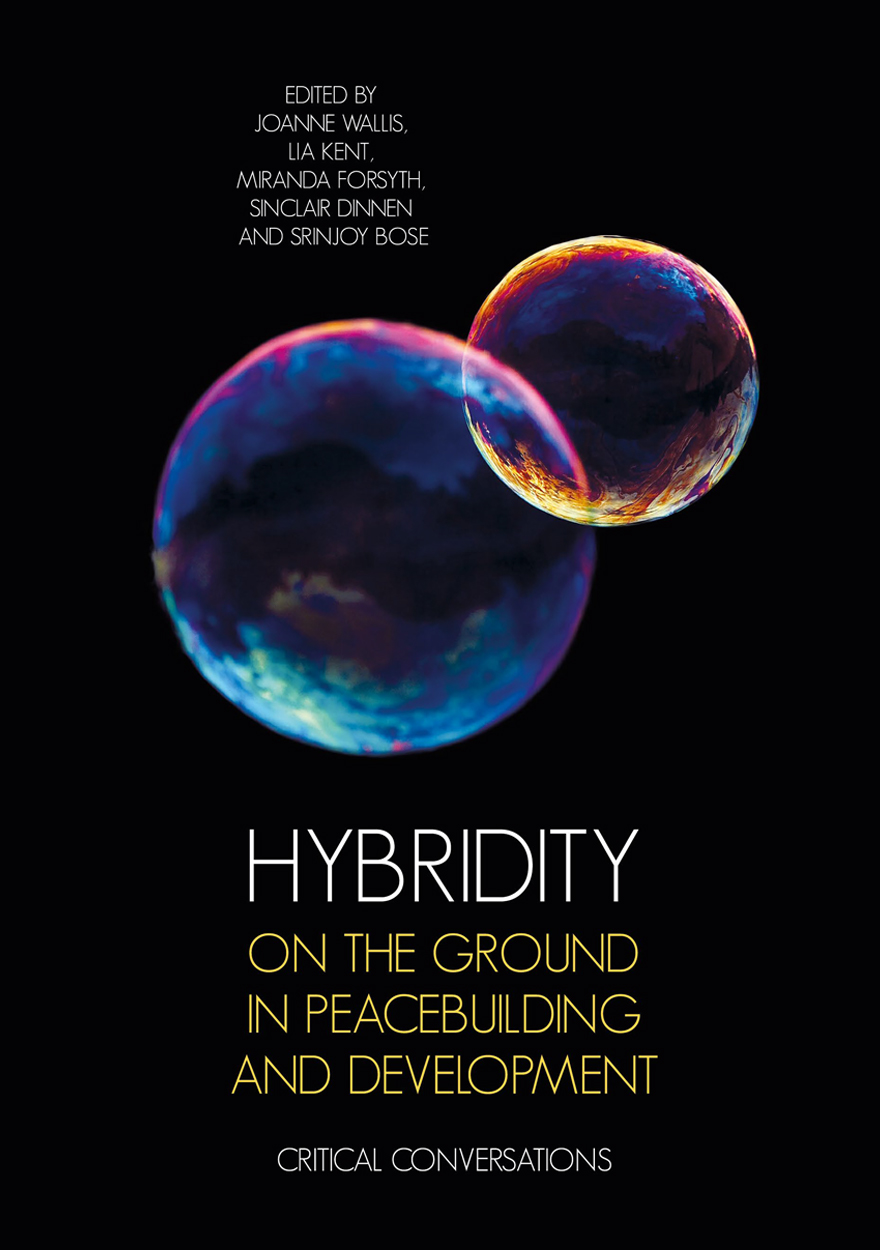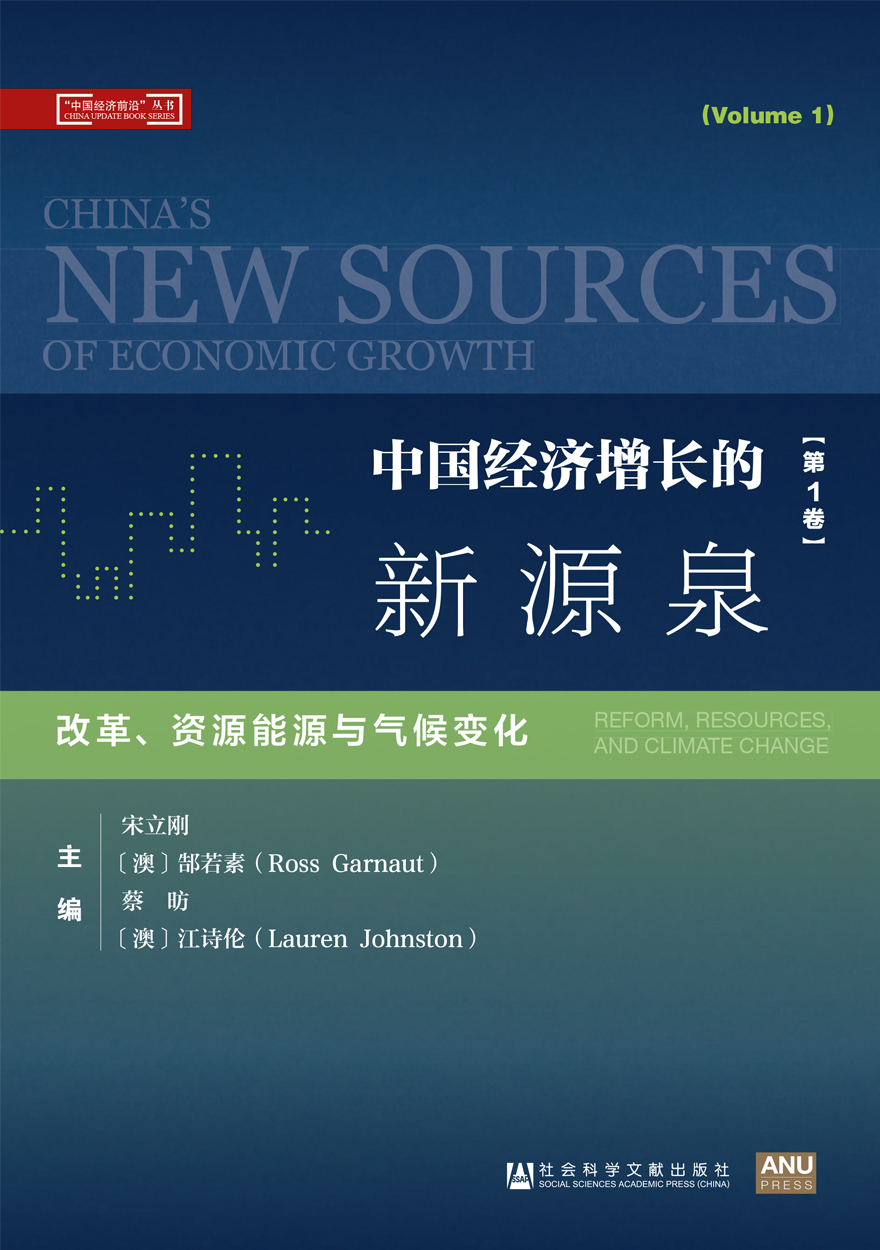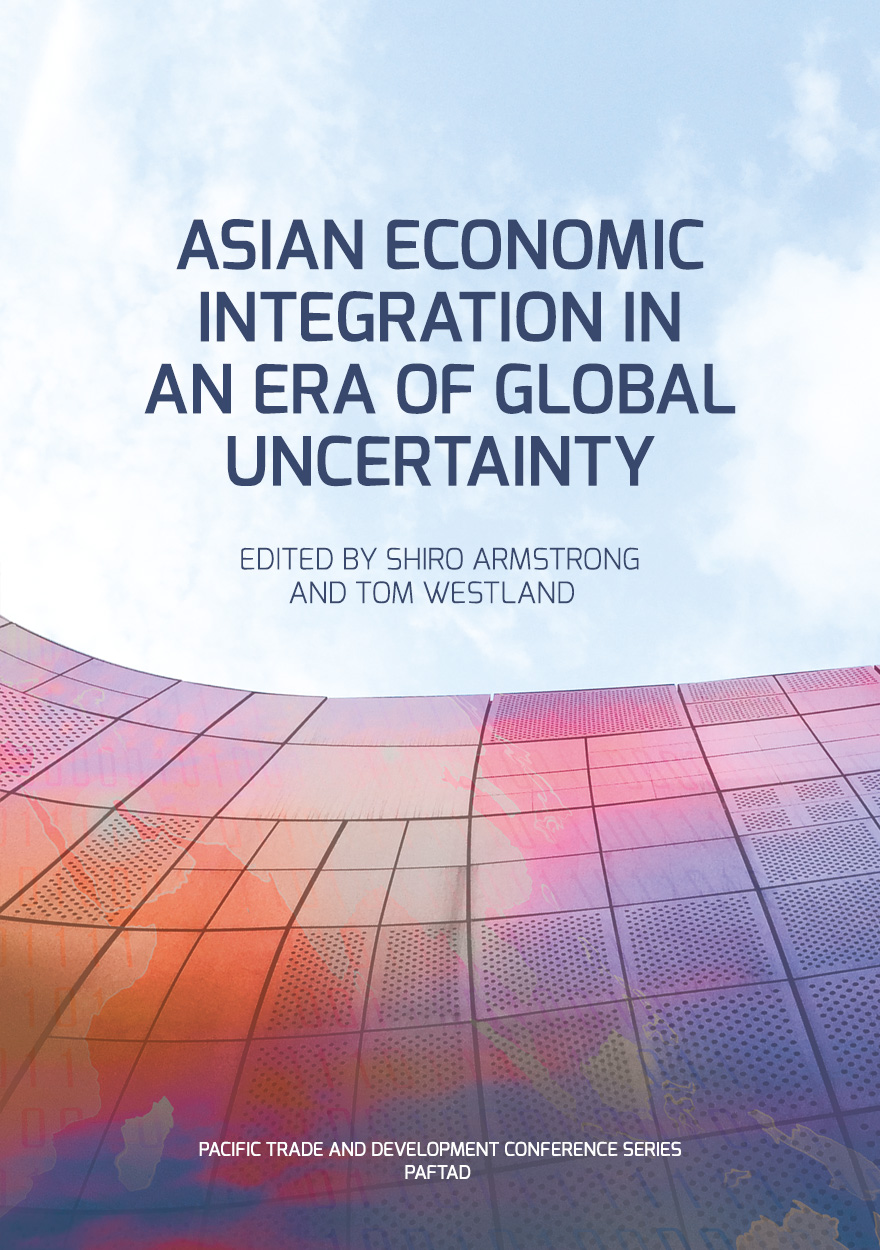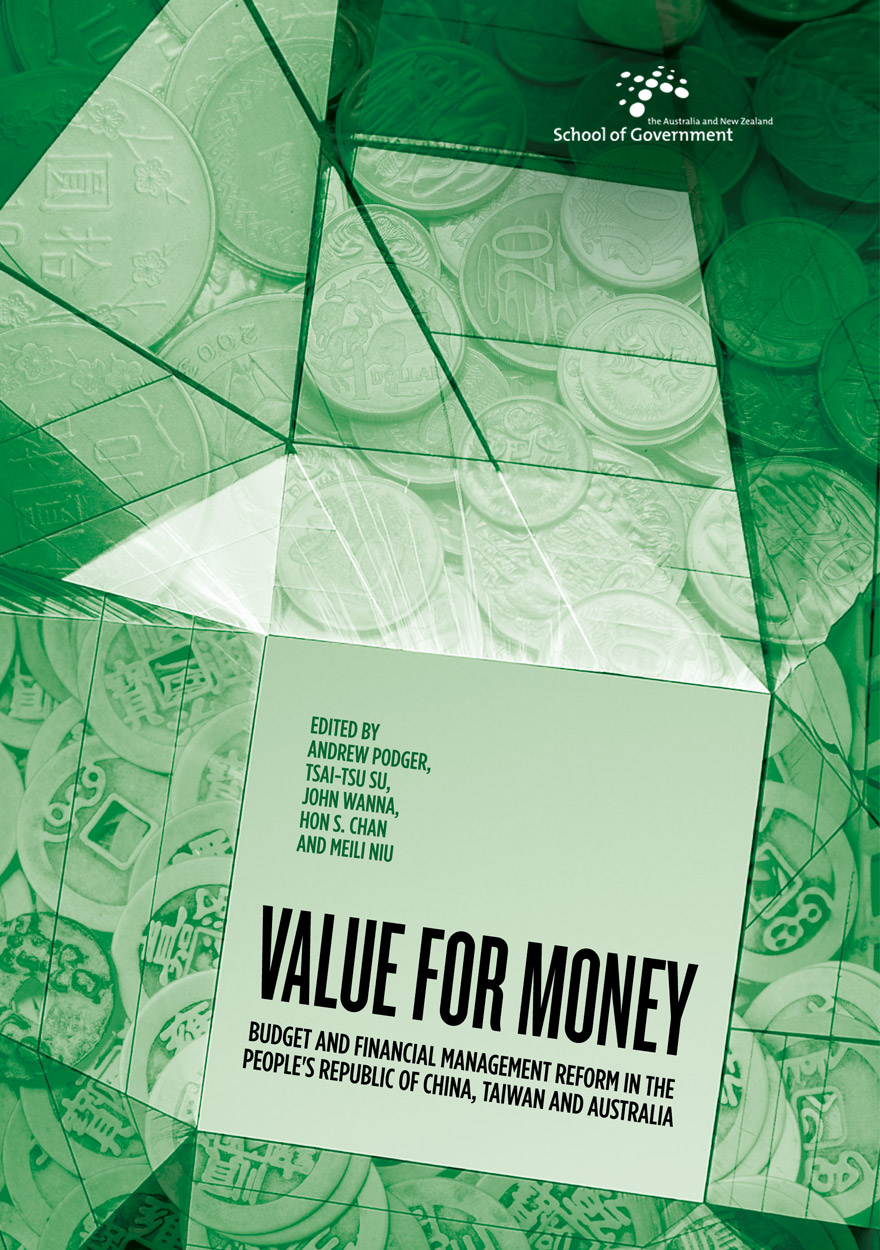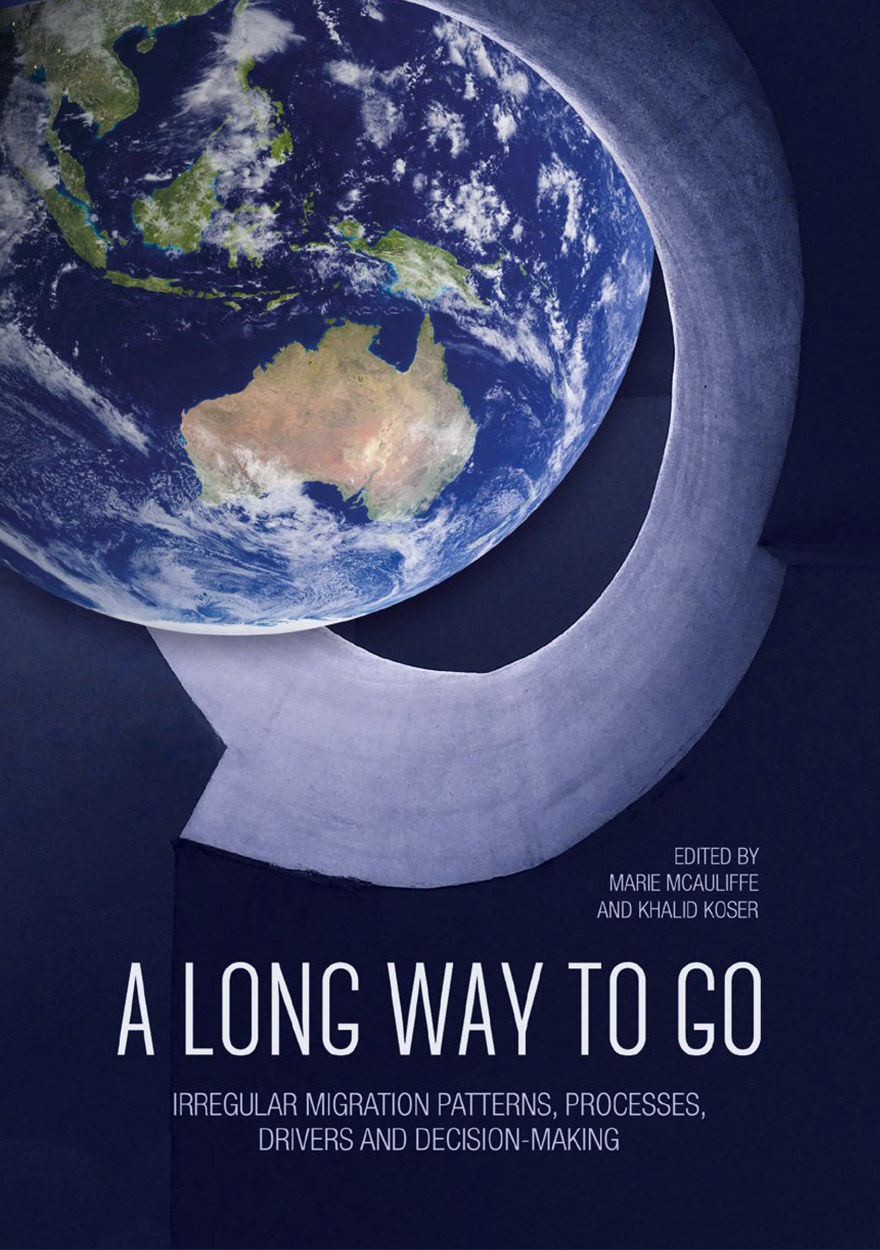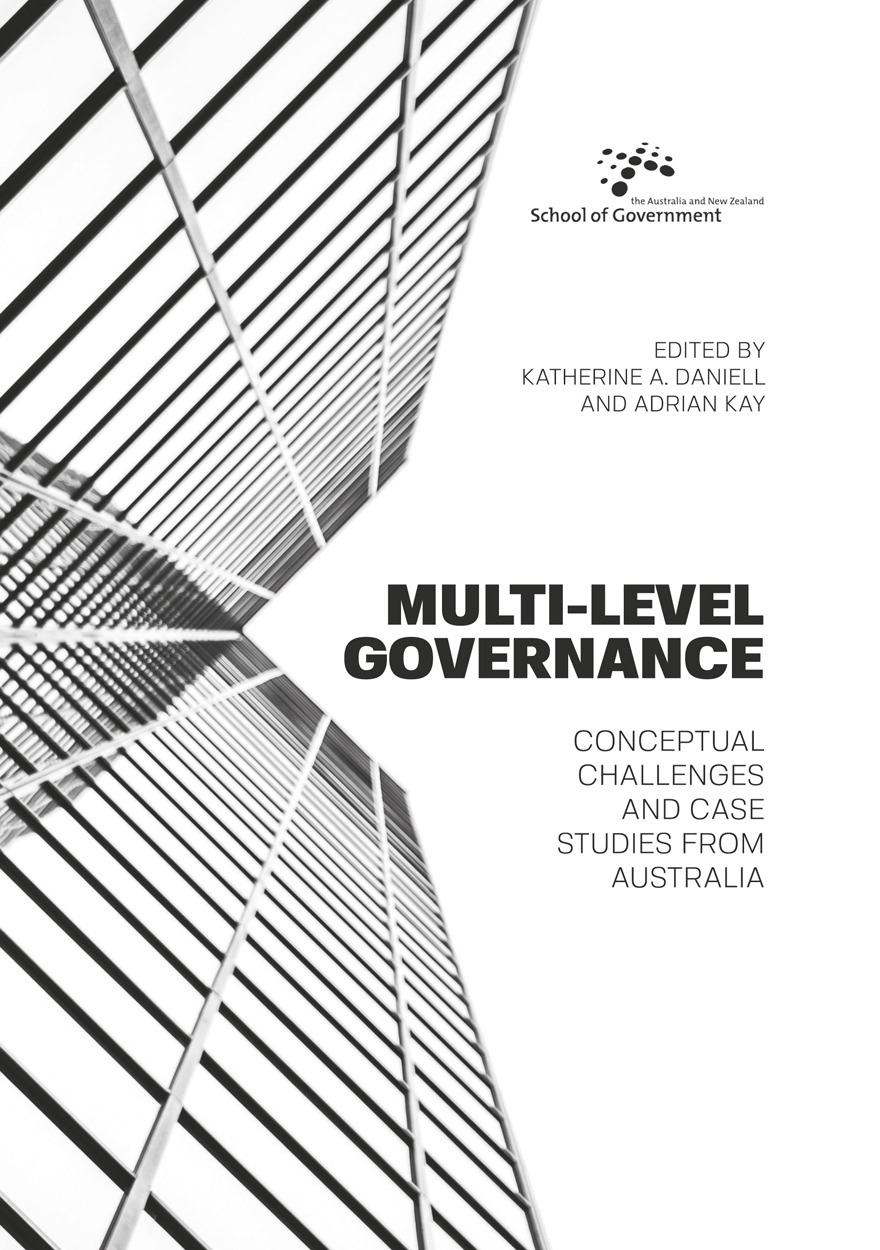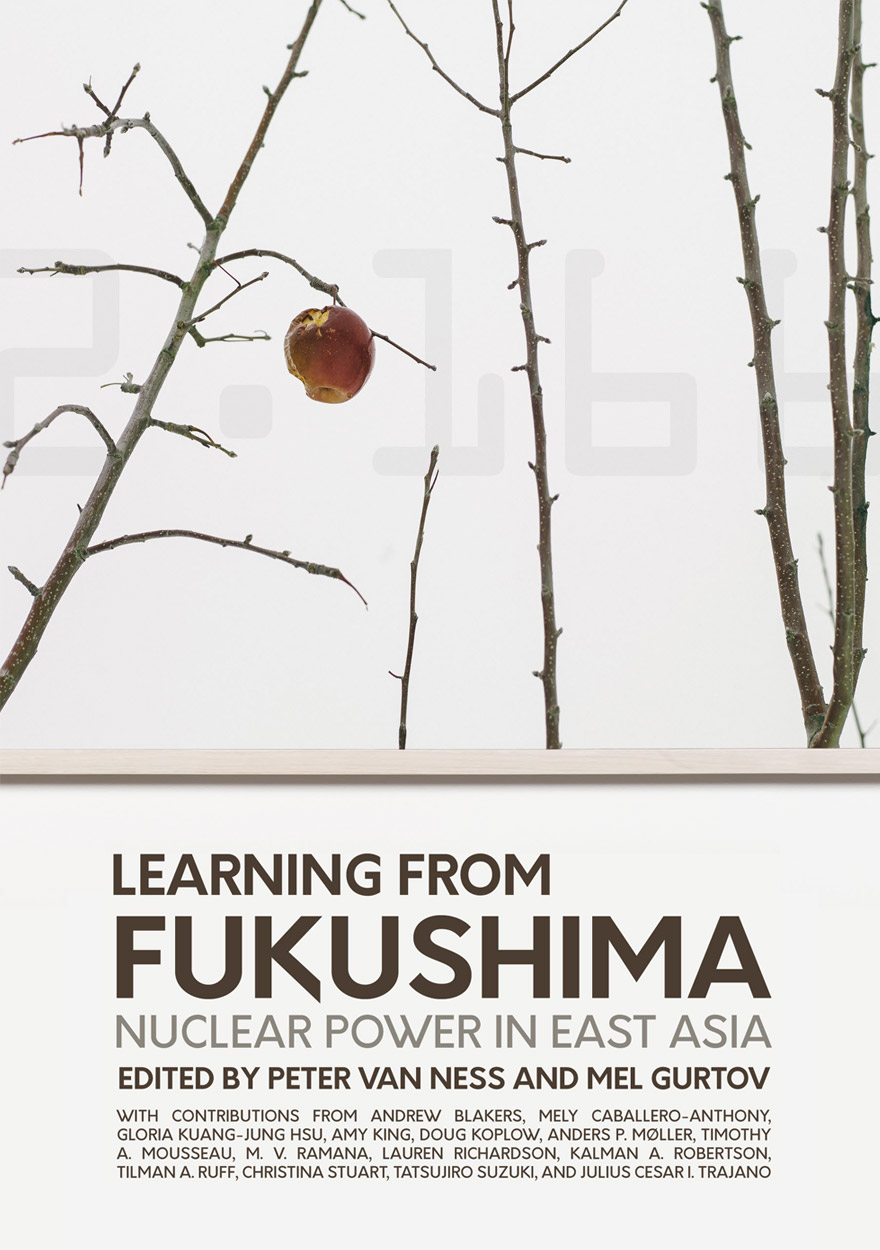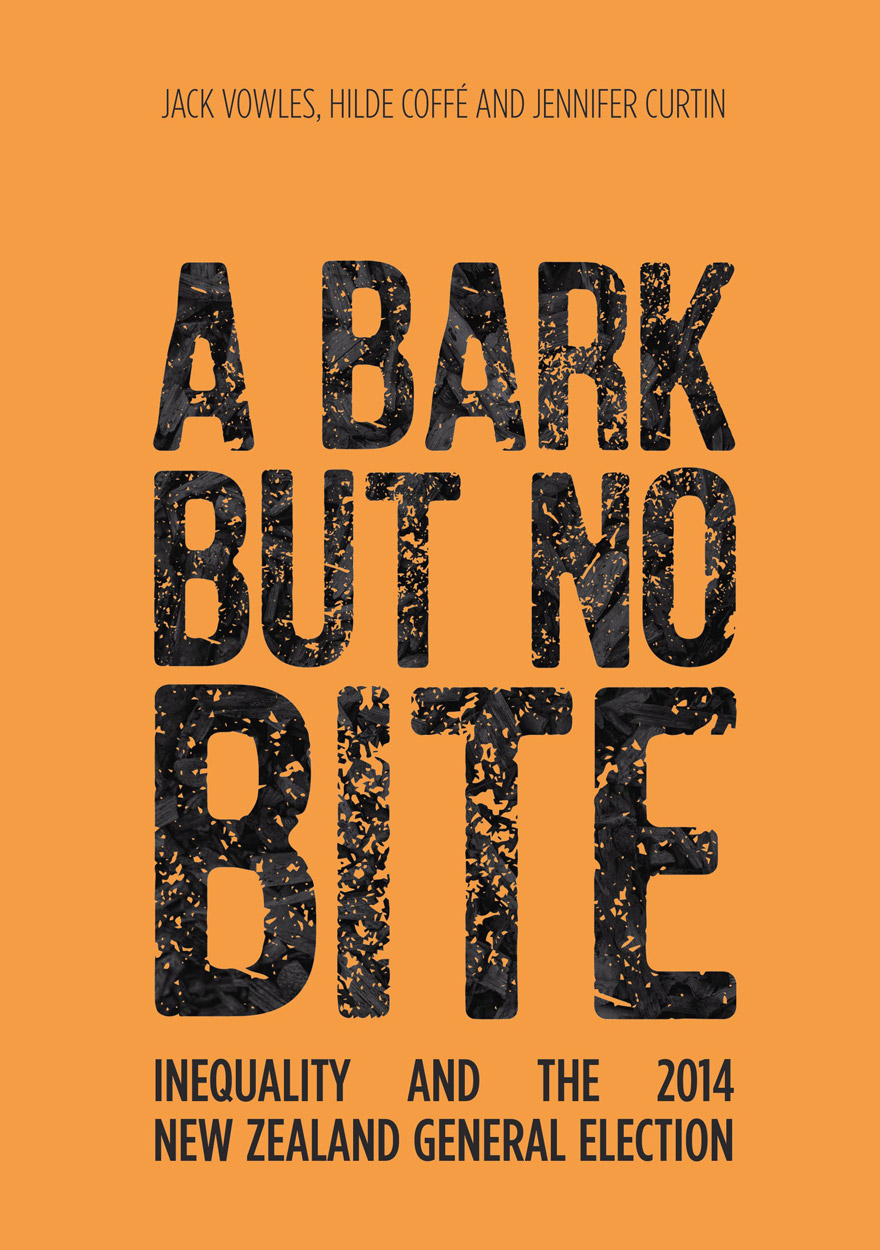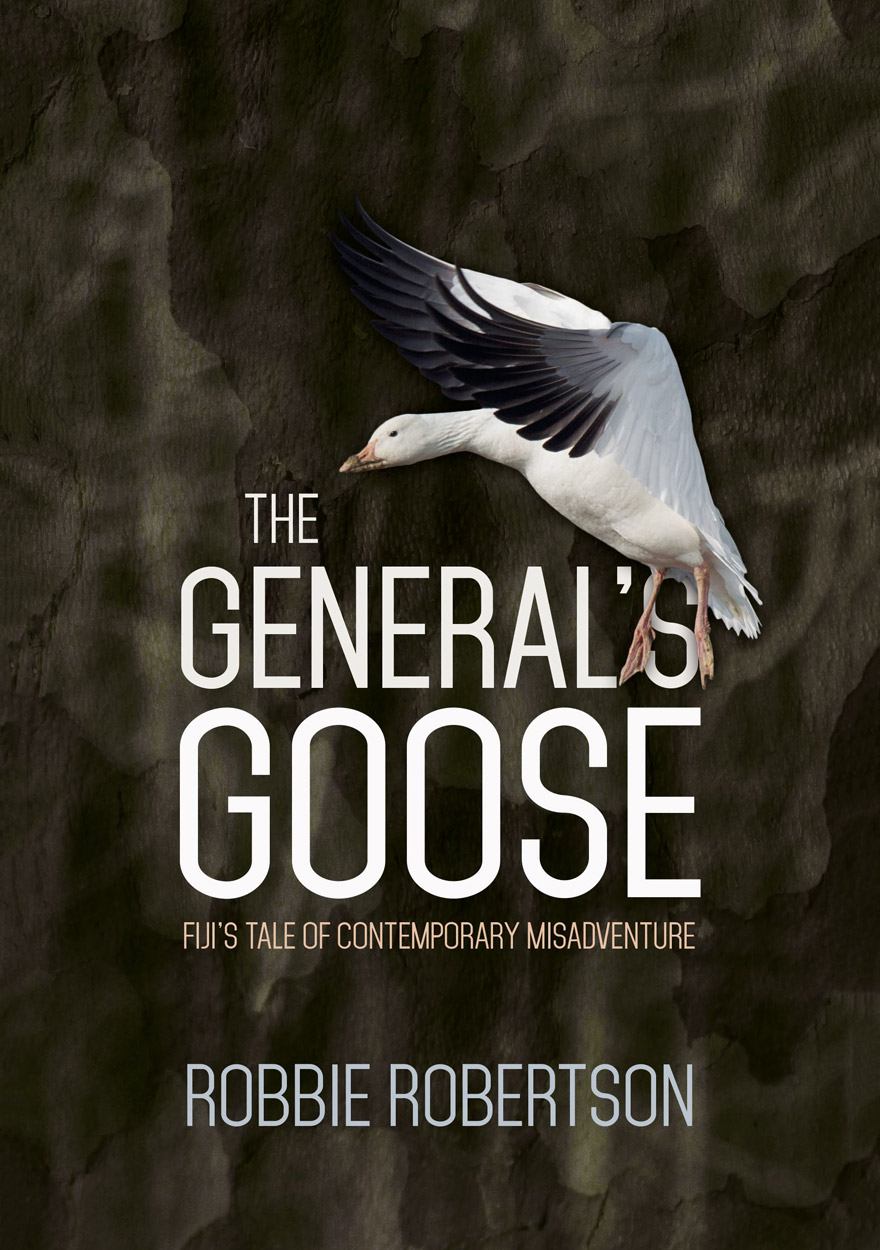
Studies in Australian Political Rhetoric
Edited by: John Uhr, Ryan WalterPlease read Conditions of use before downloading the formats.
Description
This edited collection includes eleven major case studies and one general review of rhetorical contest in Australian politics. The volume showcases the variety of methods available for studying political speech, including historical, theoretical, institutional, and linguistic analyses, and demonstrates the centrality of language use to democratic politics. The chapters reveal errors in rhetorical strategy, the multiple and unstable standards for public speech in Australia, and the links between rhetoric and action. The length of Australian political speech is traversed, from pre-Federation to the Gillard minority government (2010–13), and the topics similarly range from Alfred Deakin’s nation-building to Kevin Rudd’s Apology to the Stolen Generations. This fresh collection is intended to stimulate and advance the study of political rhetoric in Australia.
Details
- ISBN (print):
- 9781925021868
- ISBN (online):
- 9781925021875
- Publication date:
- Sep 2014
- Imprint:
- ANU Press
- DOI:
- http://doi.org/10.22459/SAPR.09.2014
- Series:
- Australia and New Zealand School of Government (ANZSOG)
- Co-publisher:
- The Australia and New Zealand School of Government (ANZSOG)
- Disciplines:
- Arts & Humanities: History; Social Sciences: Politics & International Studies, Social Policy & Administration
- Countries:
- Australia
PDF Chapters
Studies in Australian Political Rhetoric »
Please read Conditions of use before downloading the formats.
If your web browser doesn't automatically open these files, please download a PDF reader application such as the free Adobe Acrobat Reader.
To copy a chapter DOI link, right-click (on a PC) or control+click (on a Mac) and then select ‘Copy link location’.
Introduction
Part I: Just rhetoric? Language and behaviour
- ‘I am sorry’: Prime ministerial apology as transformational leadership (PDF, 328KB) – Stephen Mills doi
- Economic management, rhetorical tactics, and the cost of promises (PDF, 838KB) – Ryan Walter doi
- Leaders and legitimacy: Lessons from two Labor leadership transitions (PDF, 127KB) – Jennifer Rayner doi
- Unintended rhetoric: The ‘Little children are sacred’ report (PDF, 110KB) – Barry Hindess doi
- The gilded cage: Rhetorical path dependency in Australian politics (PDF, 157KB) – Dennis Grube doi
Part II: Standards of rhetoric
- Looking backwards to the future: The evolving tradition of ideal political rhetoric in Australia (PDF, 1.4MB) – Mark Rolfe doi
- Whistling the dog (PDF, 105KB) – Barry Hindess doi
- Debating the Speaker (PDF, 122KB) – John Uhr doi
Part III: The content of rhetoric
- ‘The maximum of good citizenship’: Citizenship and nation building in Alfred Deakin’s post-Federation speeches (PDF, 1.6MB) – Mark Hearn and Ian Tregenza doi
- The rise and fall of economic rationalism (PDF, 2.5MB) – Geoffrey Stokes doi
- Languages of neoliberal critique: The production of coercive government in the Northern Territory intervention (PDF, 161KB) – Melissa Lovell doi
Conclusion
- Studying Australian political rhetoric (PDF, 742KB) – John Uhr and Ryan Walter
Other publications that may interest you




